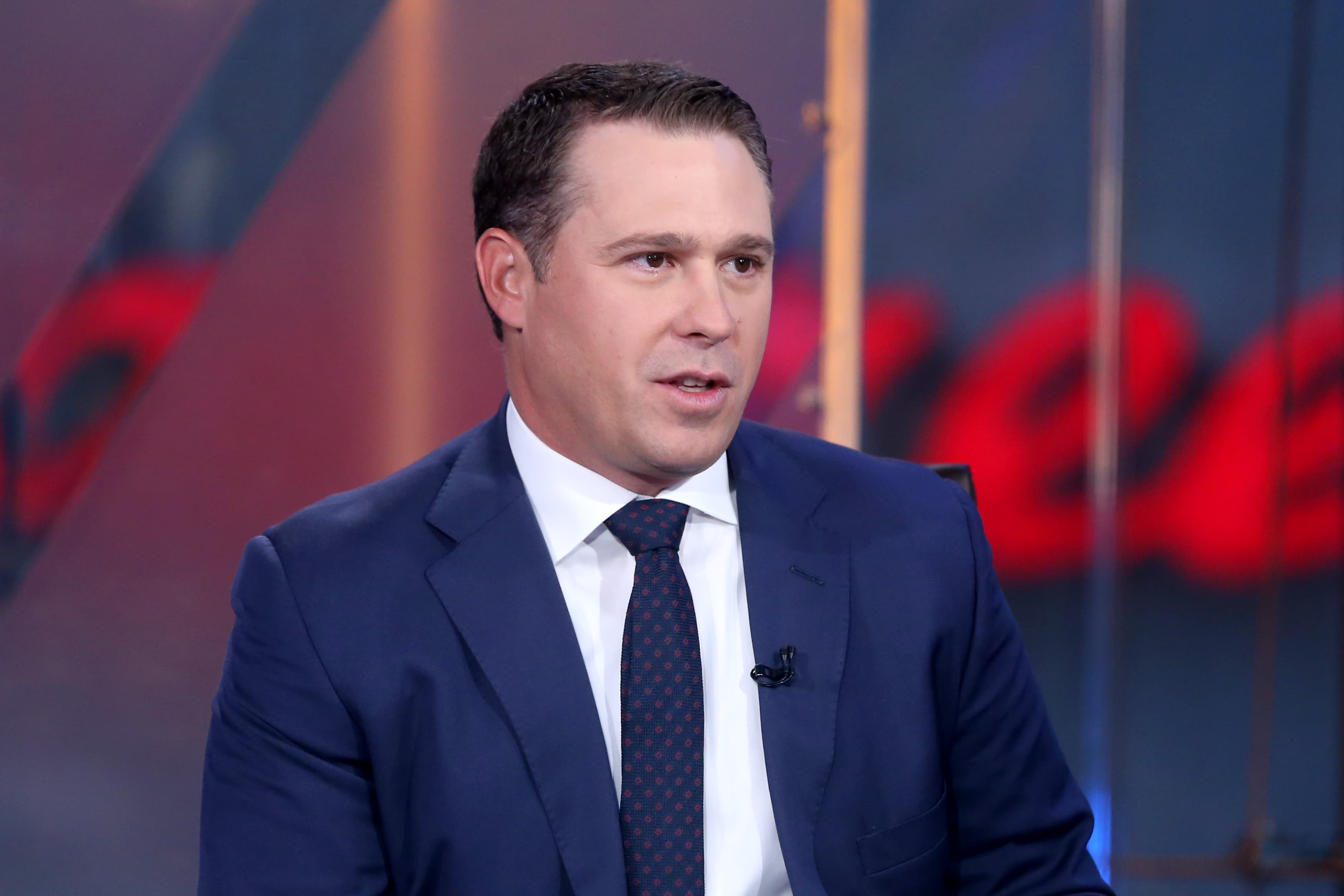Papa John’s shares tumbled more than 10% Wednesday after the company said it has temporarily closed 50 franchised stores in China as a result of the coronavirus and reported a decline in same-store sales for the year.
The company has seen a countrywide sales impact year to date, with sales in China down mid- to low double digits year over year, CEO Rob Lynch said in an interview with CNBC.
And while the company reported its second straight quarter of same-store sales growth in North America with an increase of 3.5%, full-year same-store sales growth in the region still fell 2.2%. Meanwhile the company is grappling with an increasingly competitive fast food landscape where food beyond pizza is readily available for delivery at the drop of a hat.
Shares were down 10.5% to $60.41 in midday trading, and closed down nearly 9%.
“Almost 10% of our international footprint is in China, and we are doing everything we can to support our franchisees and our teams in that region,” Lynch said.
Lynch said Wednesday on “Closing Bell” he was surprised by the sell-off in the company’s stock. “We feel like our business is in great shape. We’re in full turnaround mode,” he said.
Papa John’s said it is gathering real-time information from its team on the ground and is monitoring the spread of the virus closely. It’s also delivering free pizza to health-care workers in the communities where it has restaurants. For the full year 2020, Papa John’s is currently guiding for international same-store sales growth of between 1.5% to 4%, and the company reported international same-store sales growth this past quarter of 2.4%.
Coronavirus is the latest challenge for Lynch, who came on as Papa John’s CEO last summer. Lynch, the former president of Arby’s, led a turnaround at that brand and was dealing with a company looking to get back to basics after a battle with its namesake founder and former CEO that had dragged on for more than a year. Papa John’s founder John Schnatter resigned in 2018 as chairman of the board after admitting and apologizing for using the N-word during a conference call.
“We’re doing things differently than we’ve ever done here at Papa John’s,” Lynch told CNBC, attributing much of the fourth-quarter growth to promoting a new menu item, Garlic Parmesan Crust. The item is a first for the brand in changing its signature dough. “That was something we decided to do, as opposed to chasing Domino’s down the value path. We decided to go the innovation route, and we saw a great customer response to that.”
That change is part of a cultural shift, the CEO says, in challenging the way things are being done, while emphasizing the company’s “Better Ingredients. Better Pizza.” advertising.
“We haven’t really driven that home for quite some time — our brand got distracted and focused on other things. We believe that by shining a light on what makes us different and what makes us better, we can win,” Lynch said. It also recently began offering a Papadia flatbread sandwich in four different varieties, a way to increase sales during other parts of the day beyond dinner.
Meanwhile, unit economics are improving for franchisees, Lynch says, an important factor as the subsidies that were provided to the Papa John’s franchisee community in the wake of its fallout with Schnatter will be removed this year.
And while the debate rages on over the pros and cons of delivery aggregators for businesses, Lynch said Papa John’s is “all-in” on the third-party delivery platforms. Domino’s, which just posted a strong fourth quarter, famously does not use these platforms and keeps delivery in-house. Right now, Papa John’s works with Doordash, UberEATS and Postmates.
“We want to serve our customers wherever they are, and we believe the aggregators give us an opportunity to reach more customers with a high level of service,” Lynch said. “We are the No. 1 pizza brand on the aggregators, and we are integrating them into our systems to make sure we can deliver a high-quality consistent experience for customers. Their competition creates more value for customers, which gives customers more incentive to order our food.”
